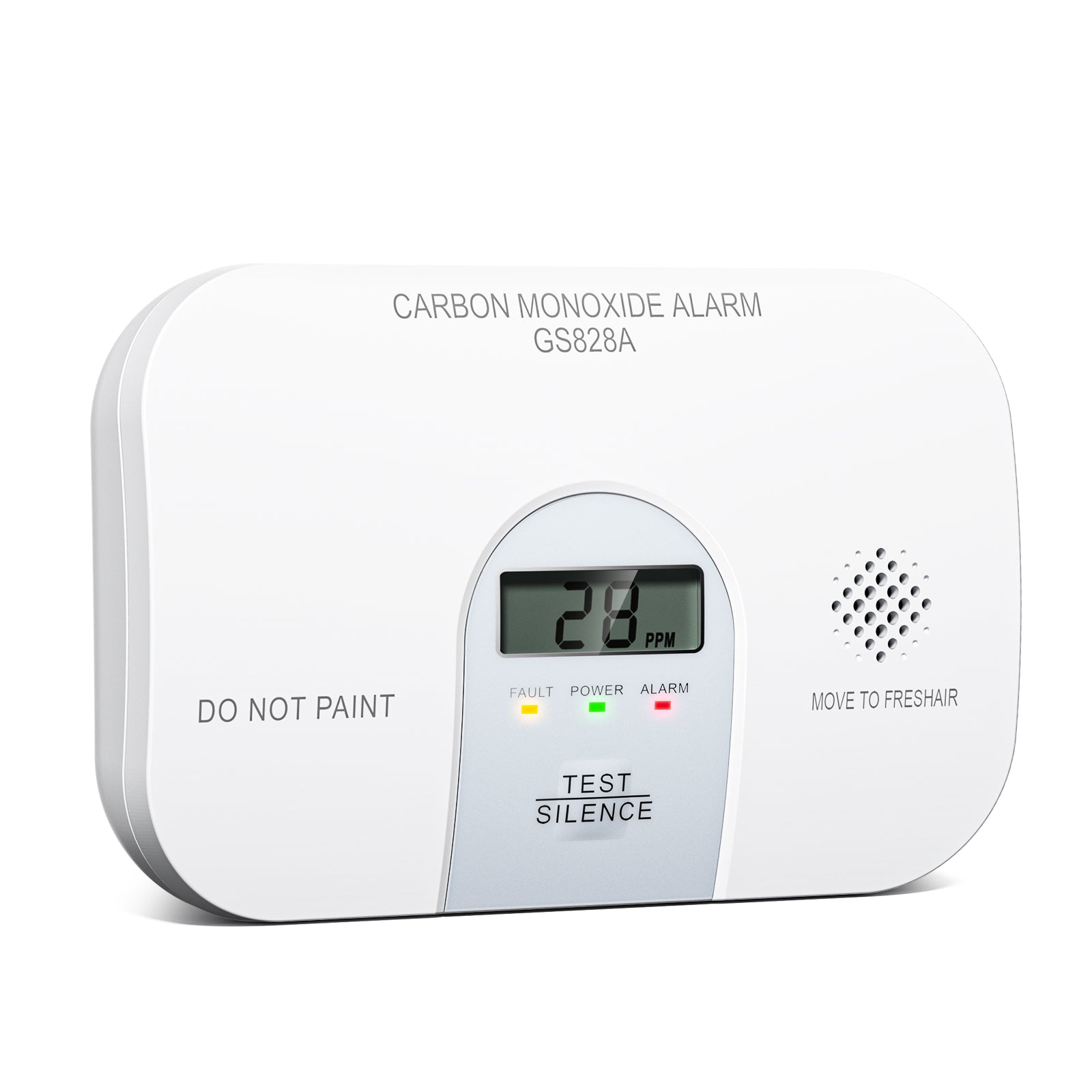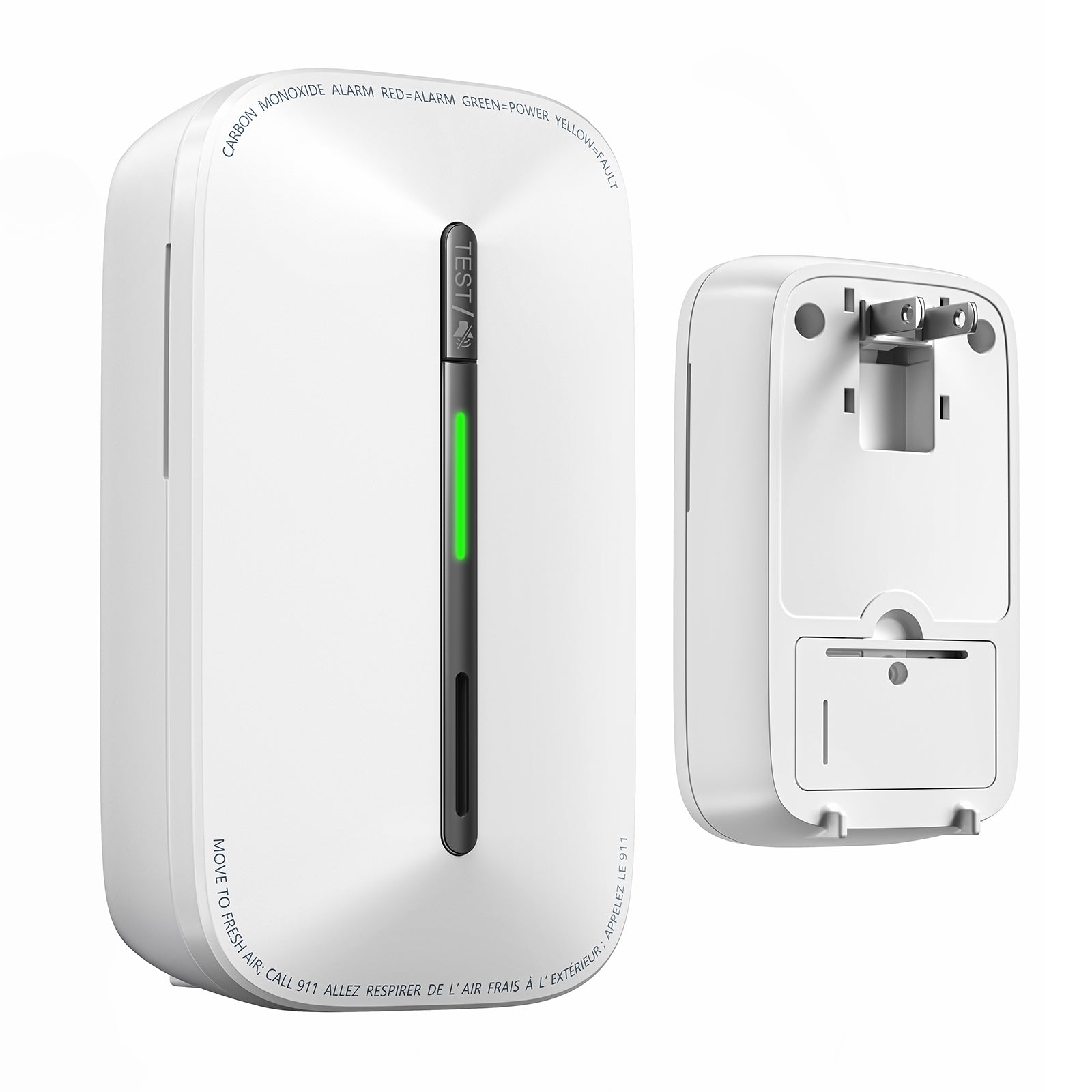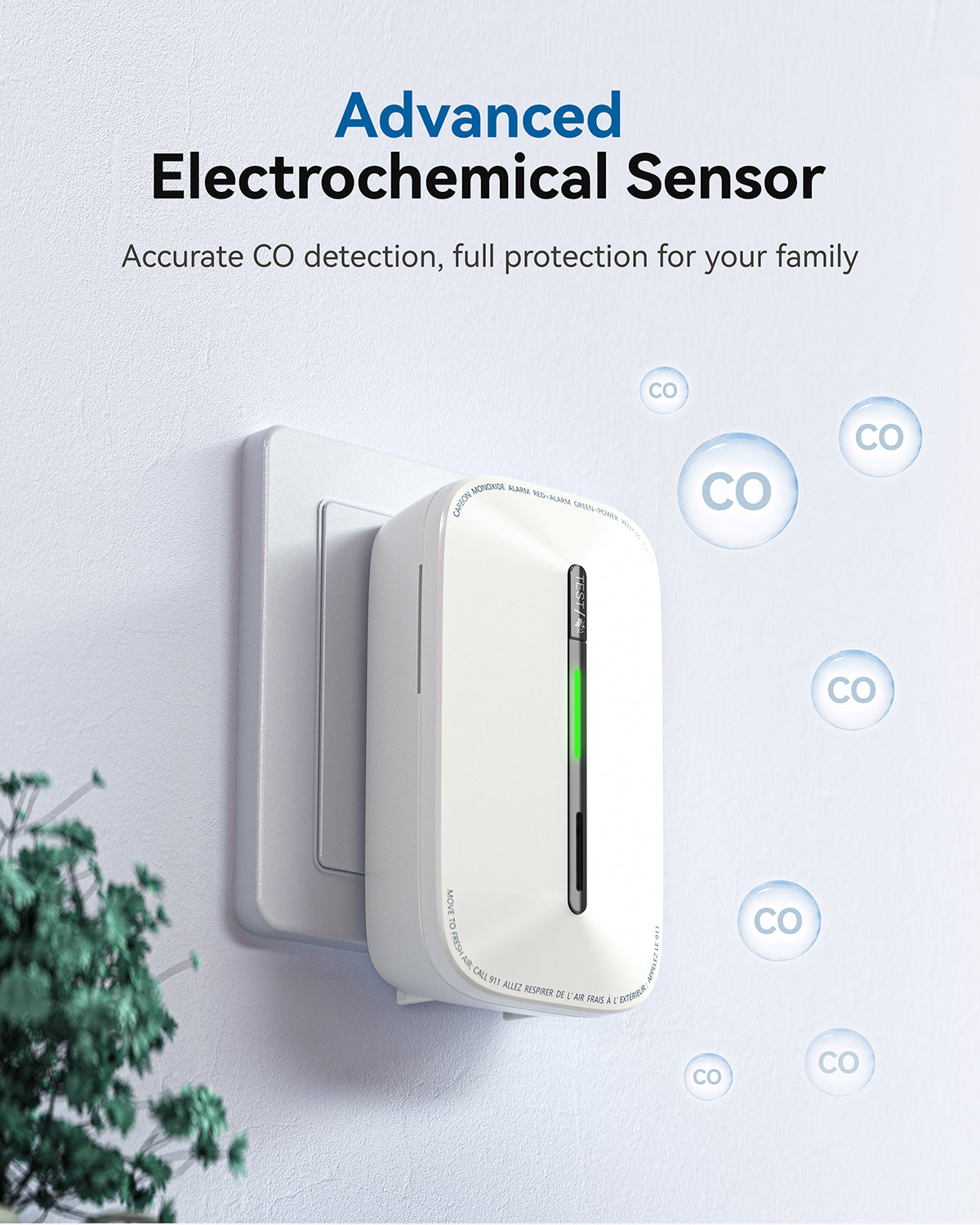Carbon monoxide (CO) is a colorless, odorless gas that is produced by incomplete combustion of fuel. It is poisonous and can be deadly if inhaled in high concentrations. That's why it's important to have a carbon monoxide detector or meter in your home or workplace. But what's the difference between a carbon monoxide monitor and a meter? In this article, we'll discuss the features and benefits of each type of device.
Carbon Monoxide Monitor
A carbon monoxide monitor, also known as a carbon monoxide detector, is a device that detects the presence of carbon monoxide in the air. It is designed to provide an early warning of a carbon monoxide leak, giving you and your family time to evacuate your home or workplace. Carbon monoxide monitors are typically installed on walls or ceilings and are powered by batteries or electricity.
One popular brand of carbon monoxide monitor is Siterwell. Siterwell CO detectors are designed to provide advanced warning in the event of a carbon monoxide leak. They are equipped with an audible alarm and a visual display that shows the concentration of carbon monoxide in the air. Siterwell CO detectors are easy to install and provide reliable protection against carbon monoxide poisoning.
Carbon Monoxide Meter
A carbon monoxide meter is a portable device that measures the concentration of carbon monoxide in the air. It is typically used by HVAC professionals to test the air quality in homes and buildings. Carbon monoxide meters are equipped with a backlit LCD screen that shows the concentration of carbon monoxide in parts per million (ppm) and the temperature in Fahrenheit or Celsius.
One popular brand of carbon monoxide meter is the UEi Test Instruments CO71A. The UEi CO71A is an easy-to-use meter that detects and measures concentration levels of carbon monoxide gas. It features a warning indicator light, audible and visual alarms, and multiple function buttons. The UEi CO71A is portable and comes with a carrying pouch and 4xAAA batteries.
Which One Should You Choose?
Carbon monoxide monitors and meters serve different purposes, so the one you choose will depend on your needs. If you're looking for a device that provides an early warning of a carbon monoxide leak, then a carbon monoxide monitor is the way to go. If you're an HVAC professional or need to test the air quality in your home or workplace, then a carbon monoxide meter is the better choice.
In conclusion, both carbon monoxide monitors and meters are important devices that can help protect you and your family from the dangers of carbon monoxide. Make sure you choose a reliable and high-quality device that meets your needs and complies with safety standards. Remember, carbon monoxide is a silent killer, so it's better to be safe than sorry.






